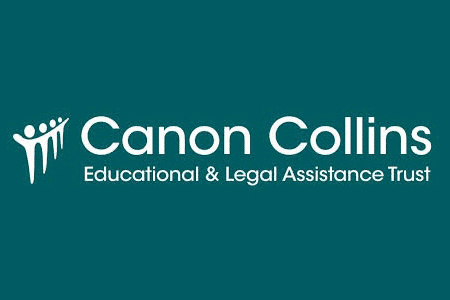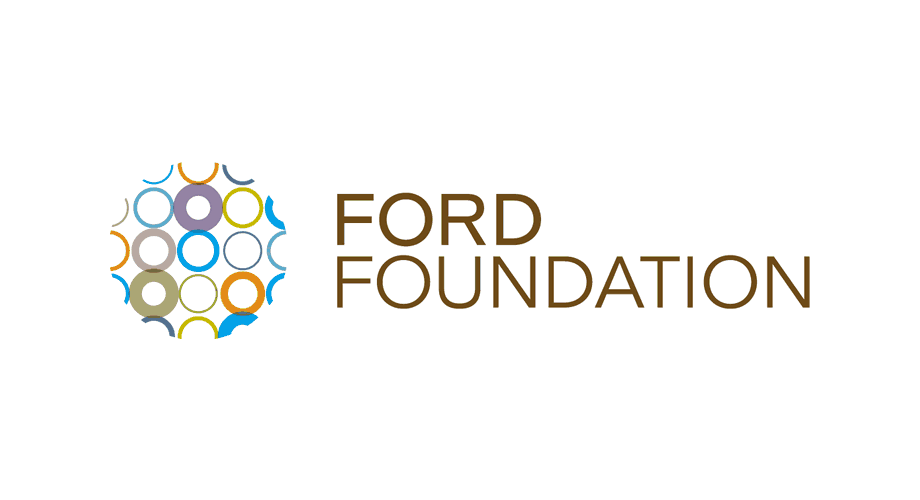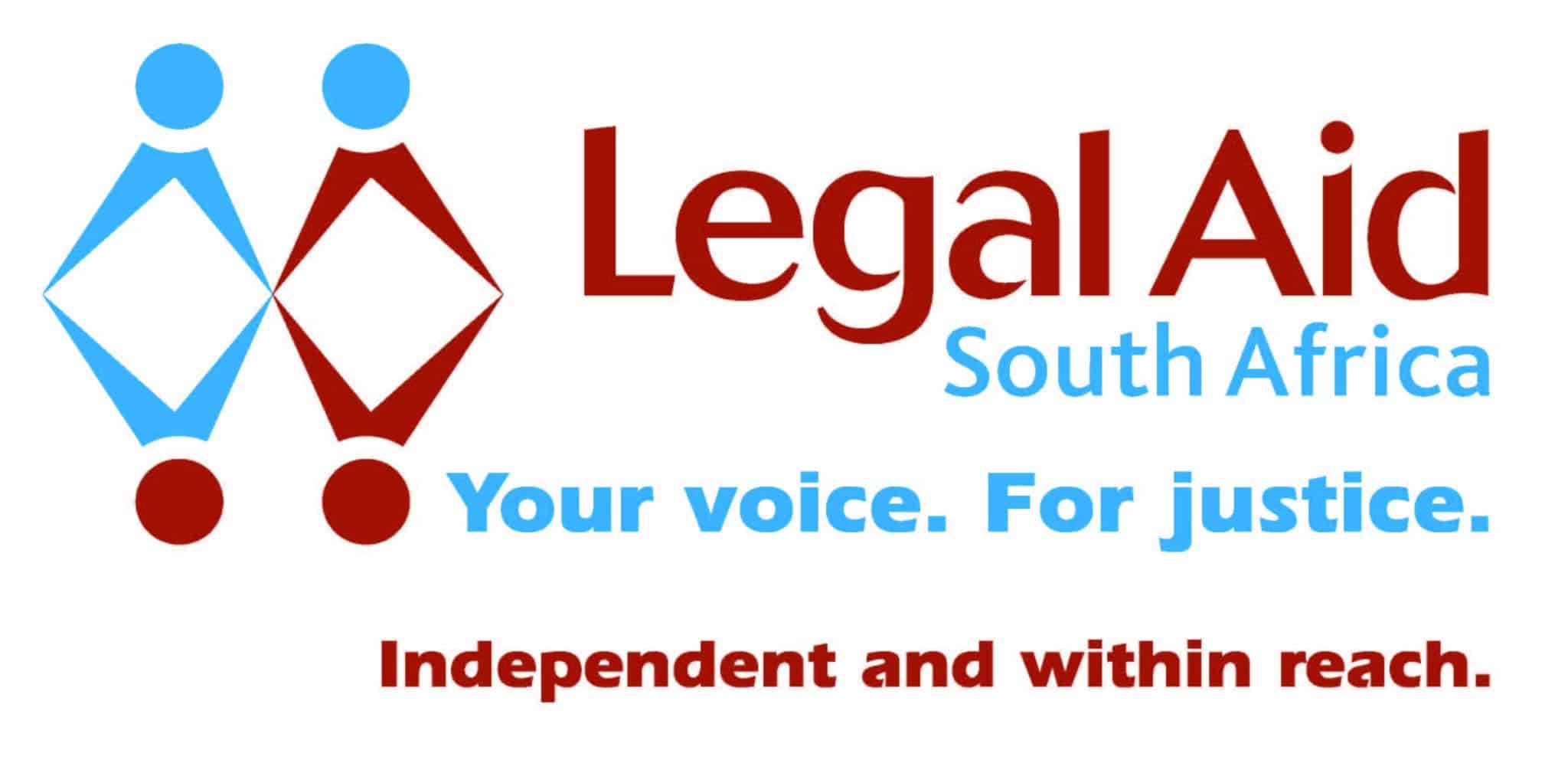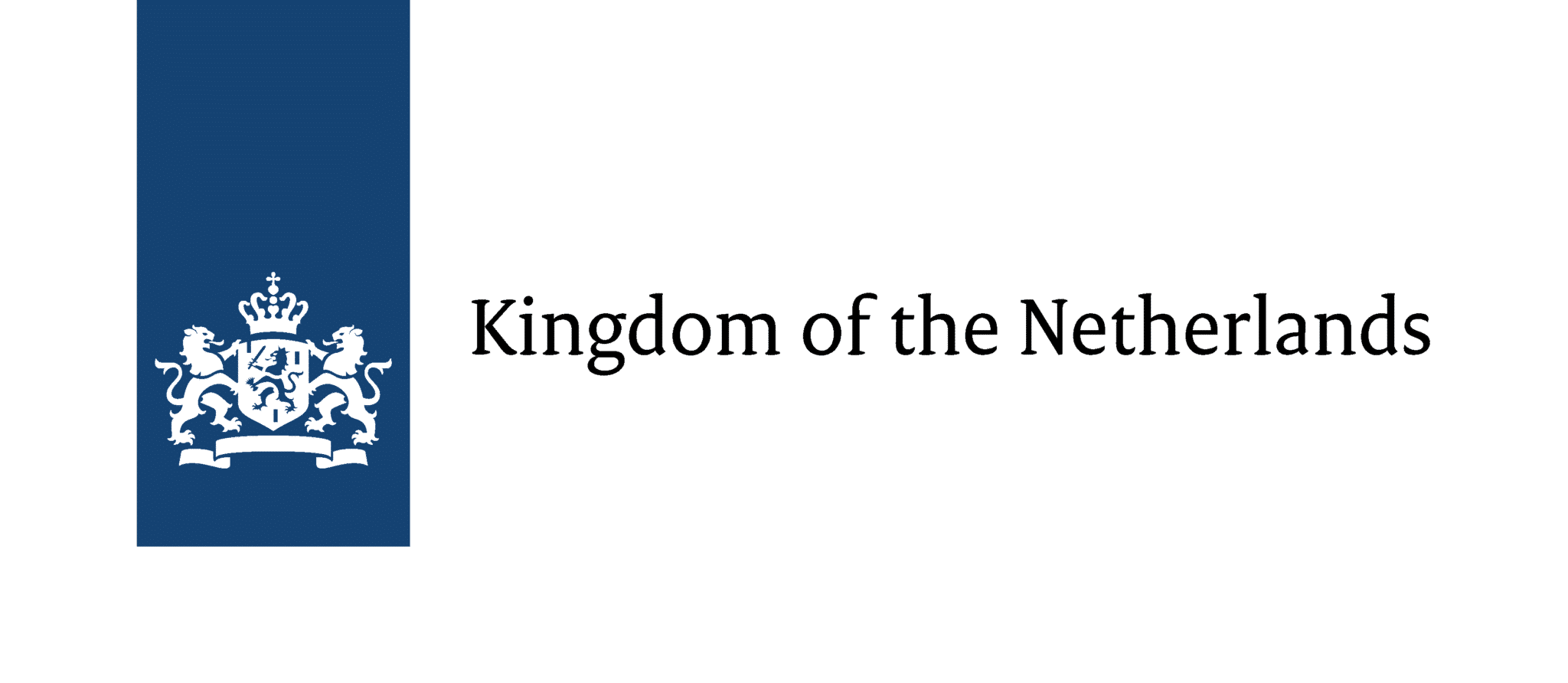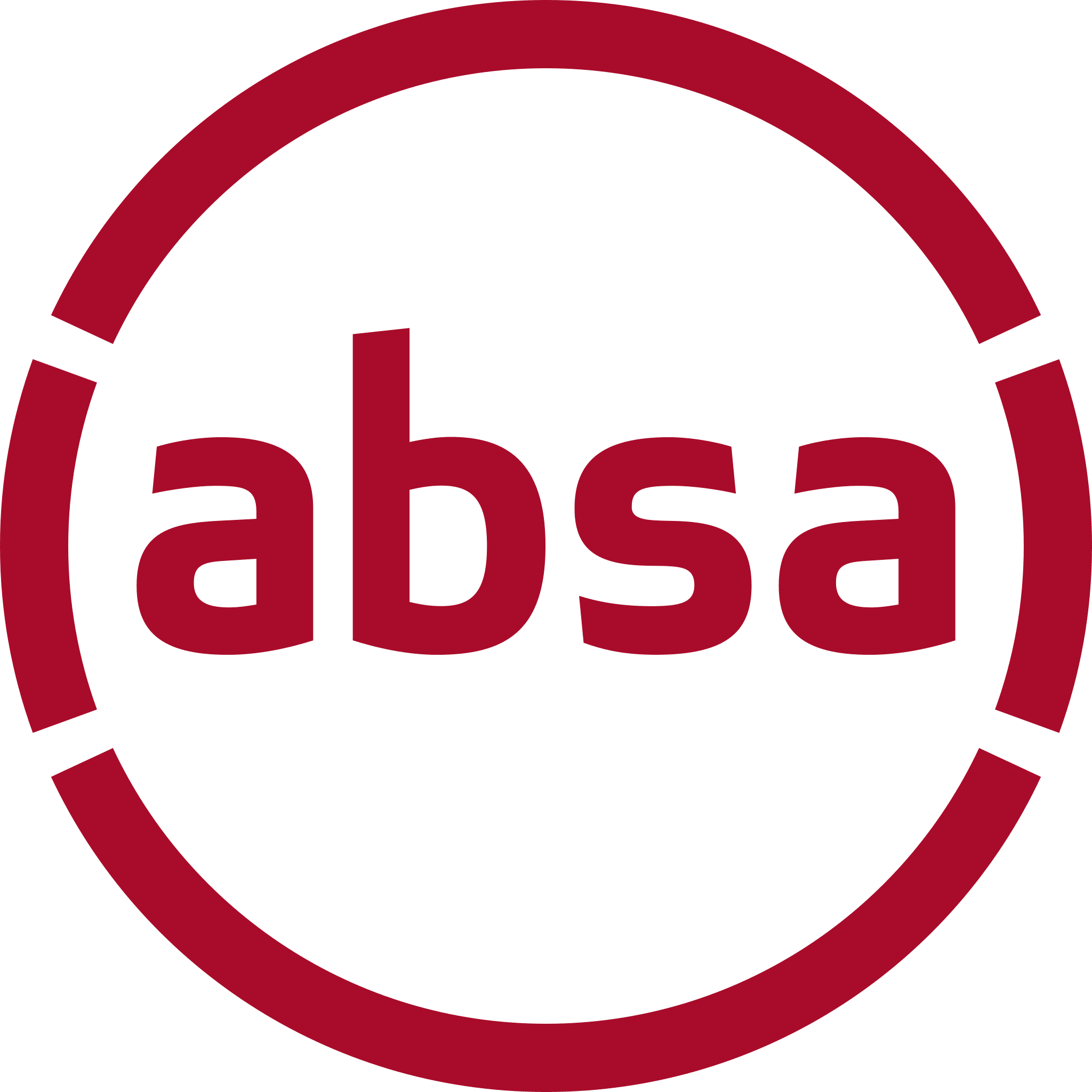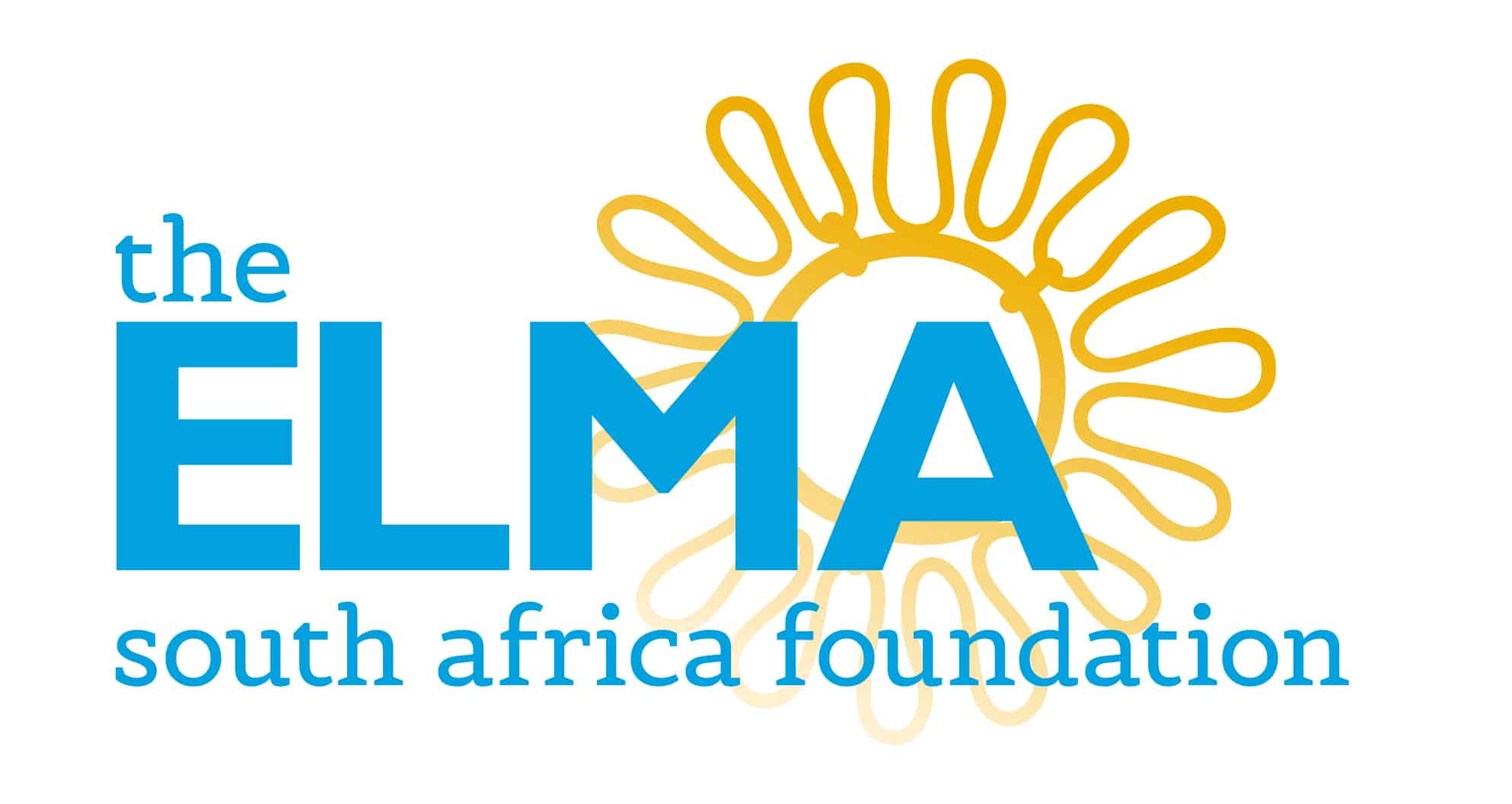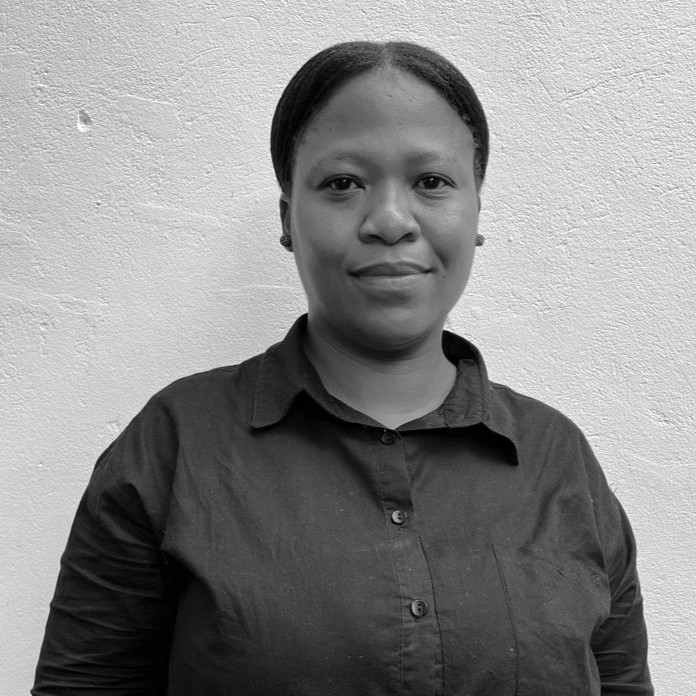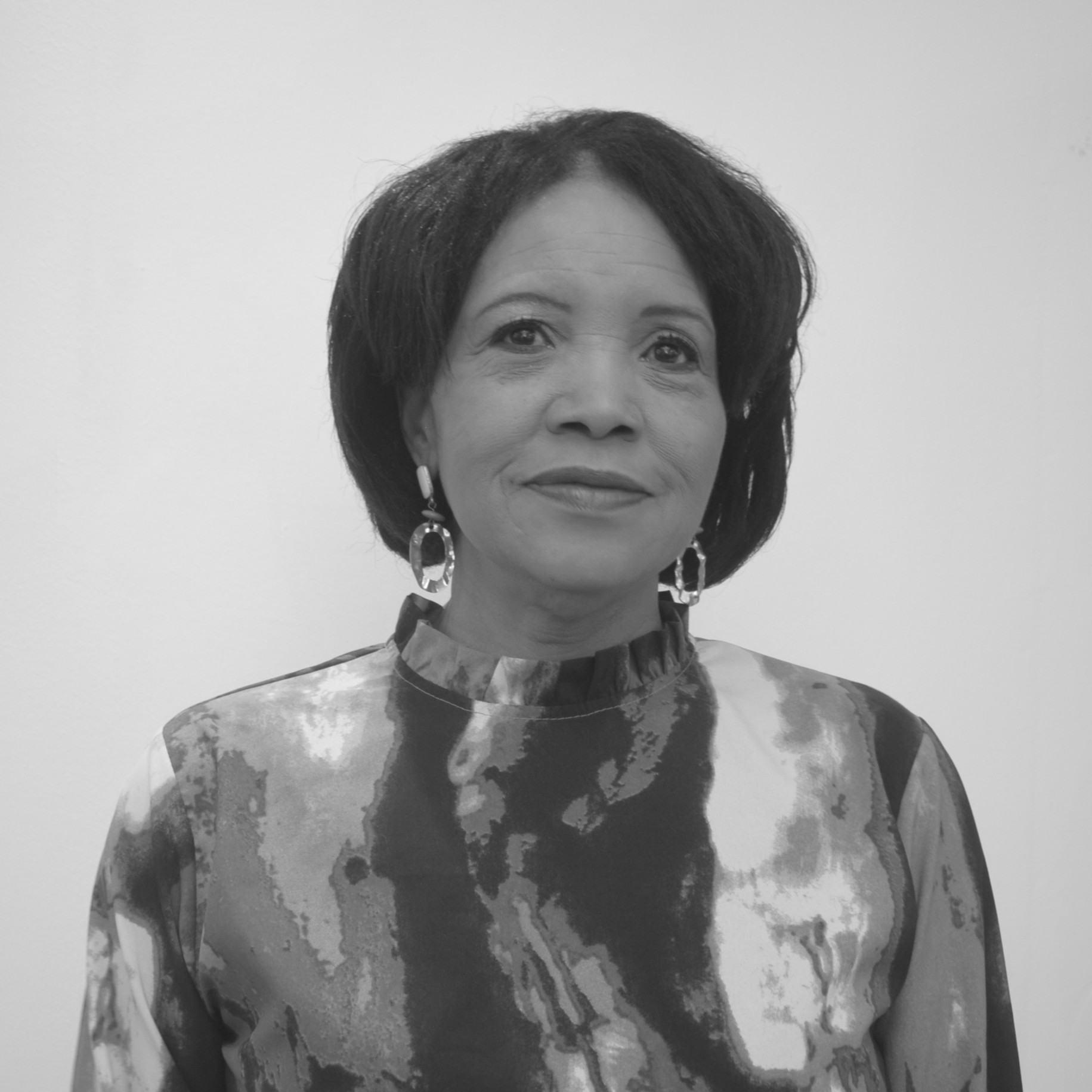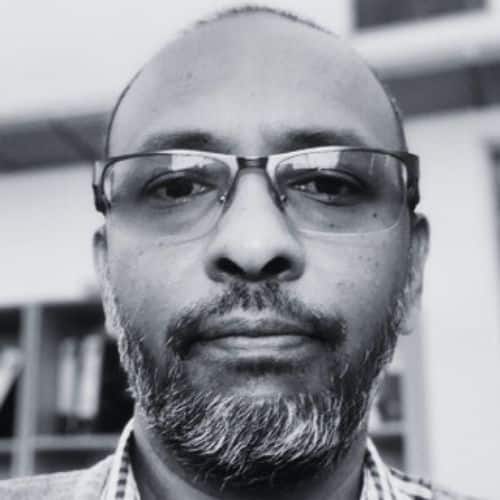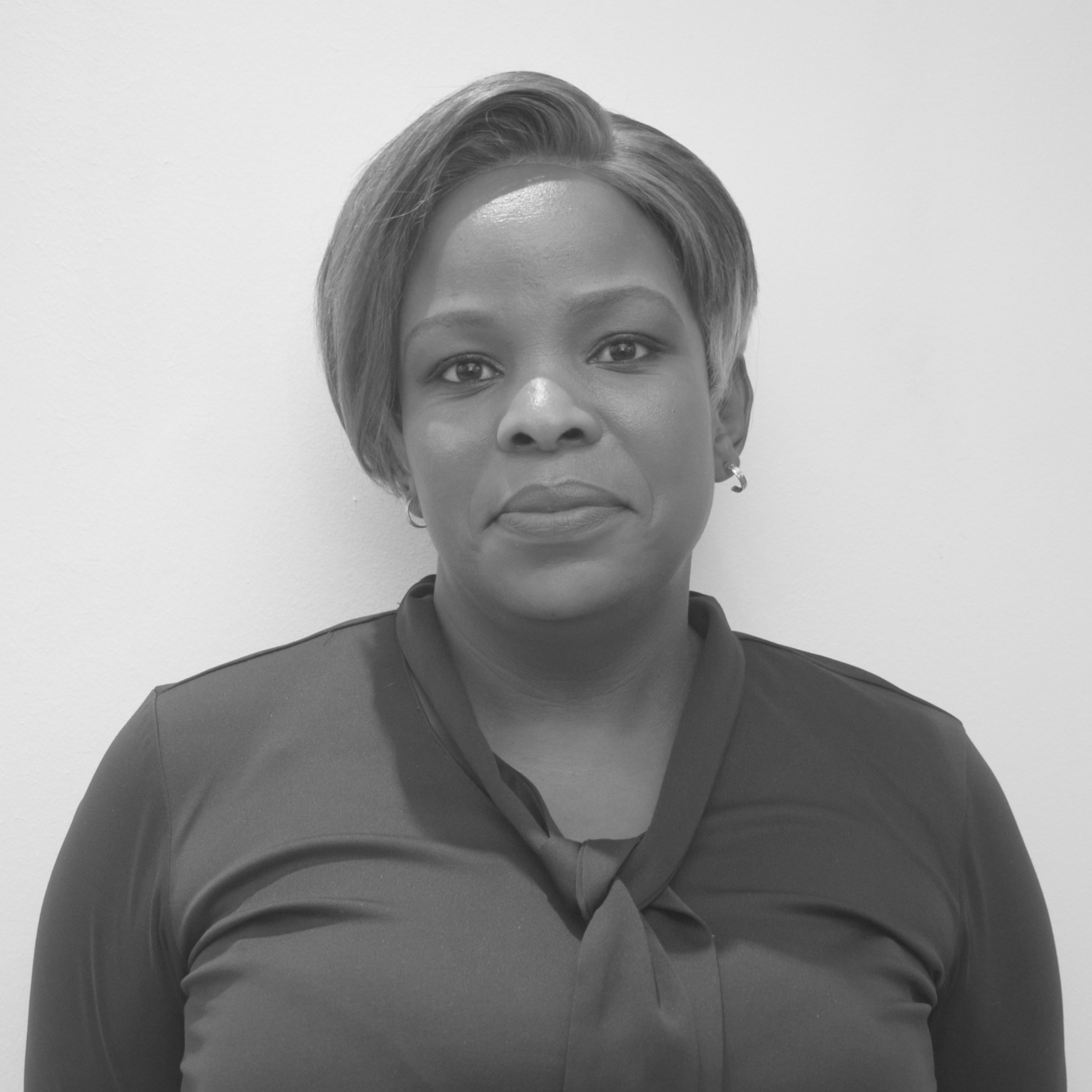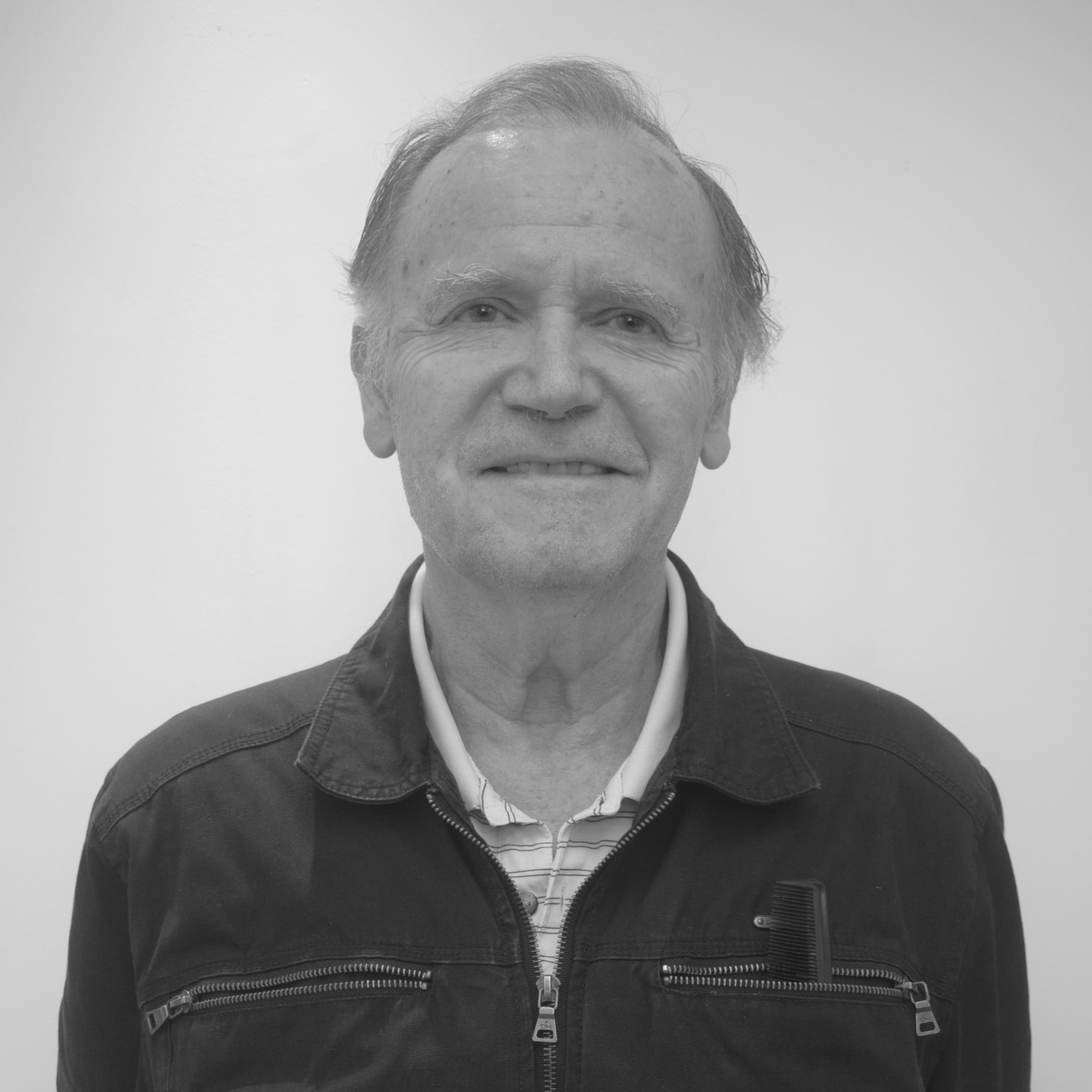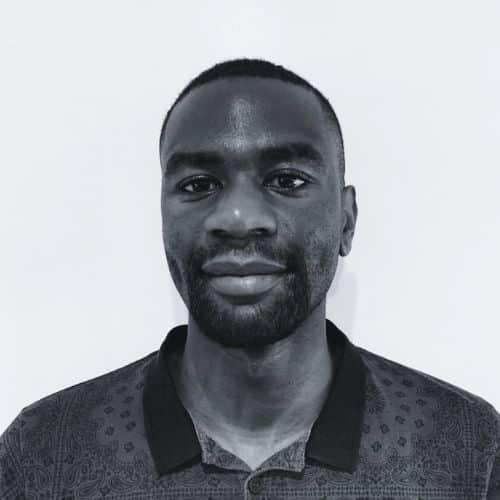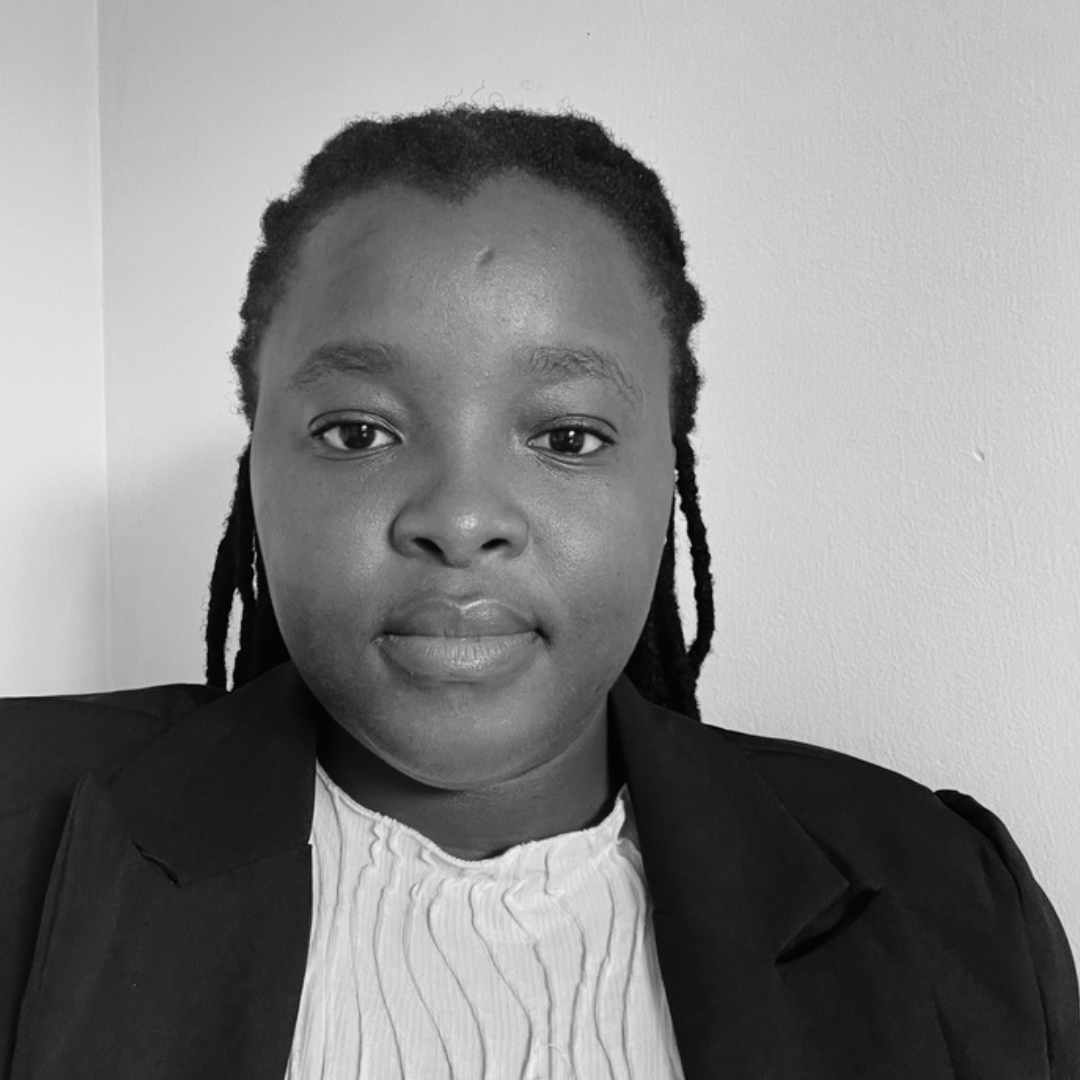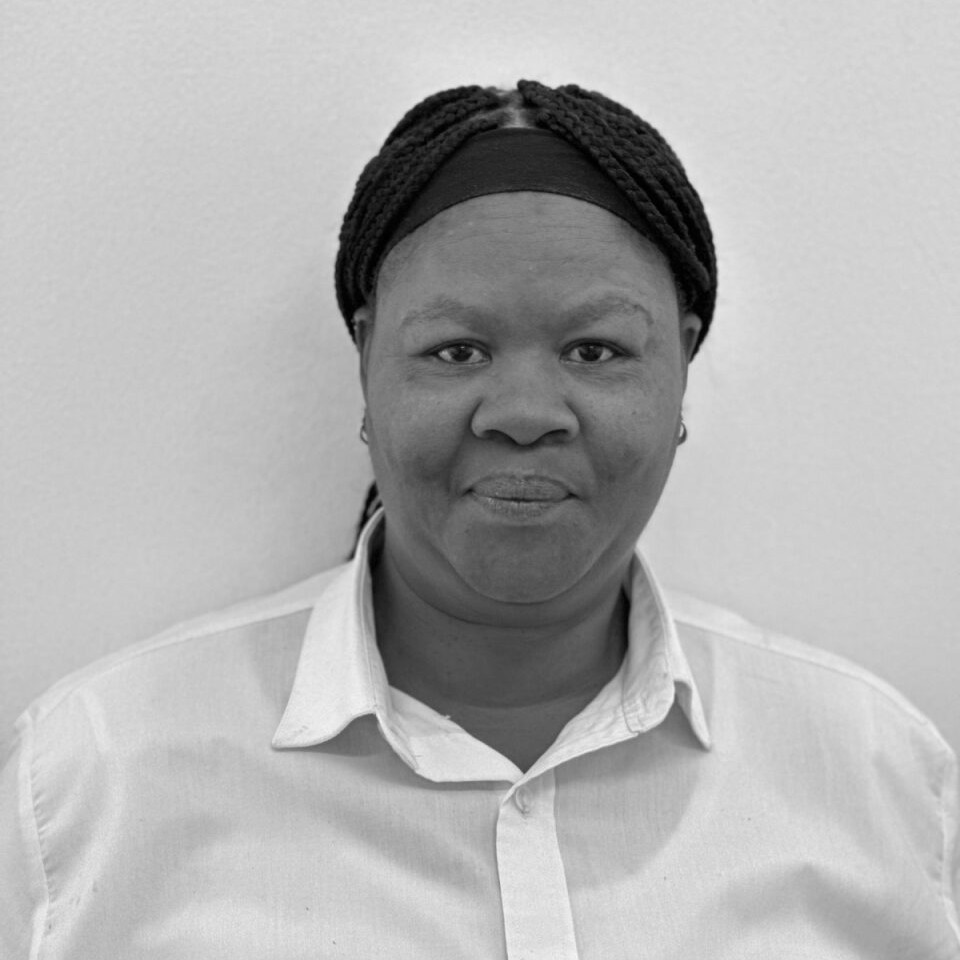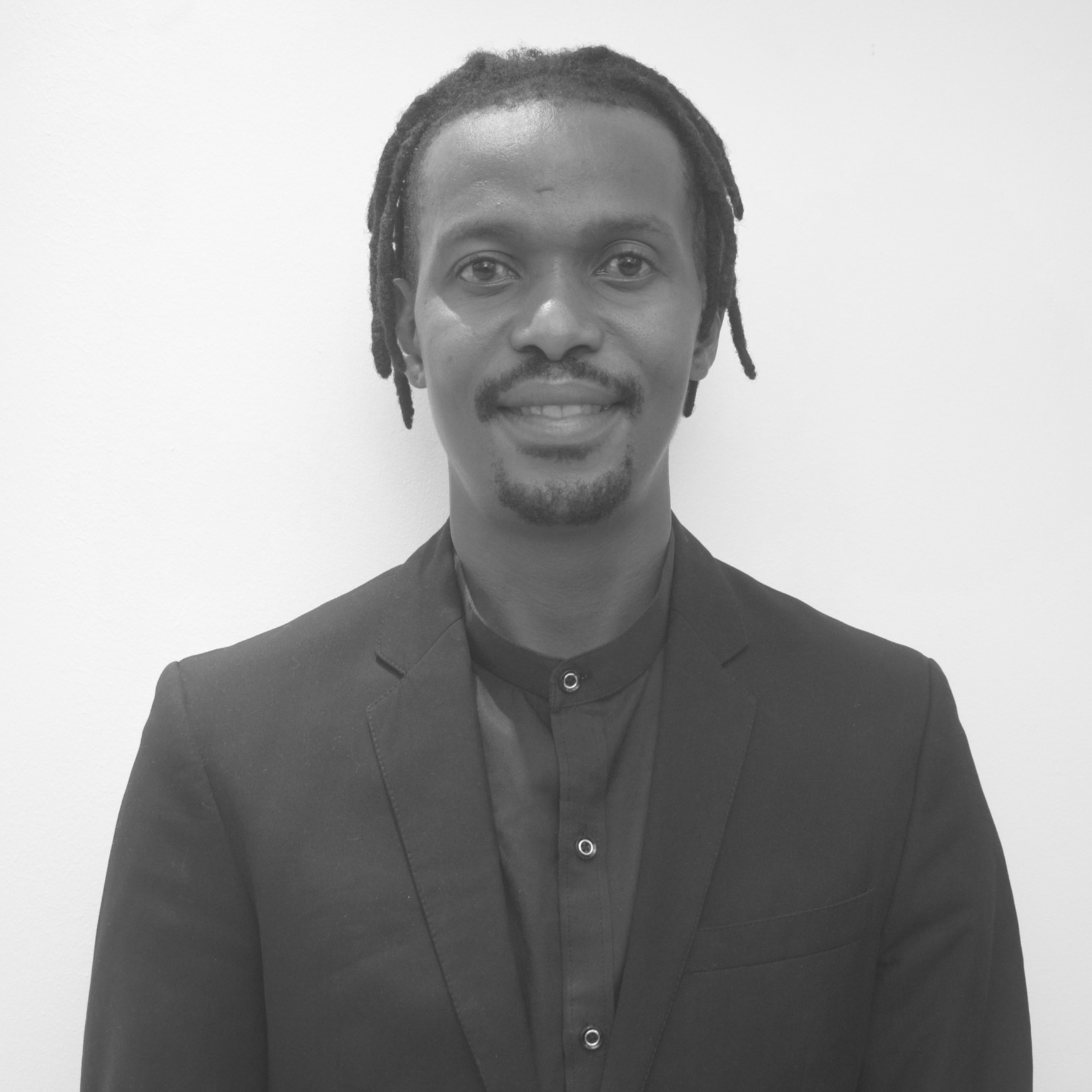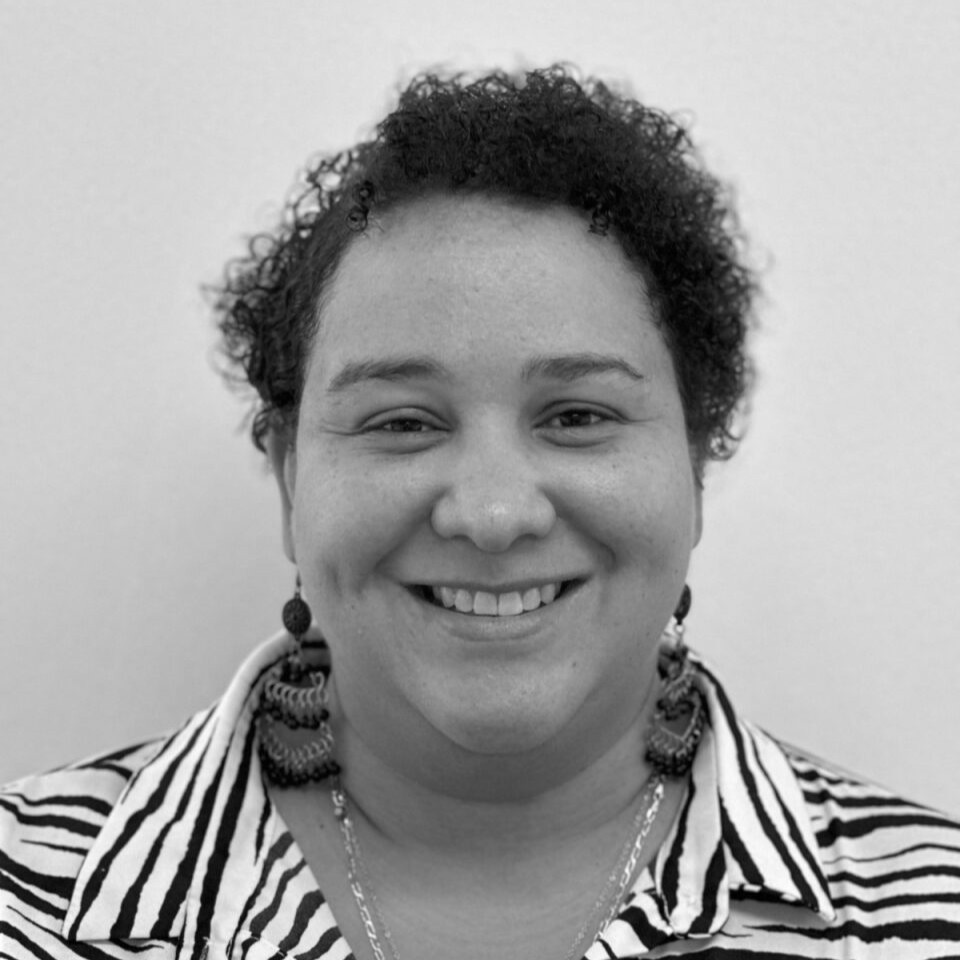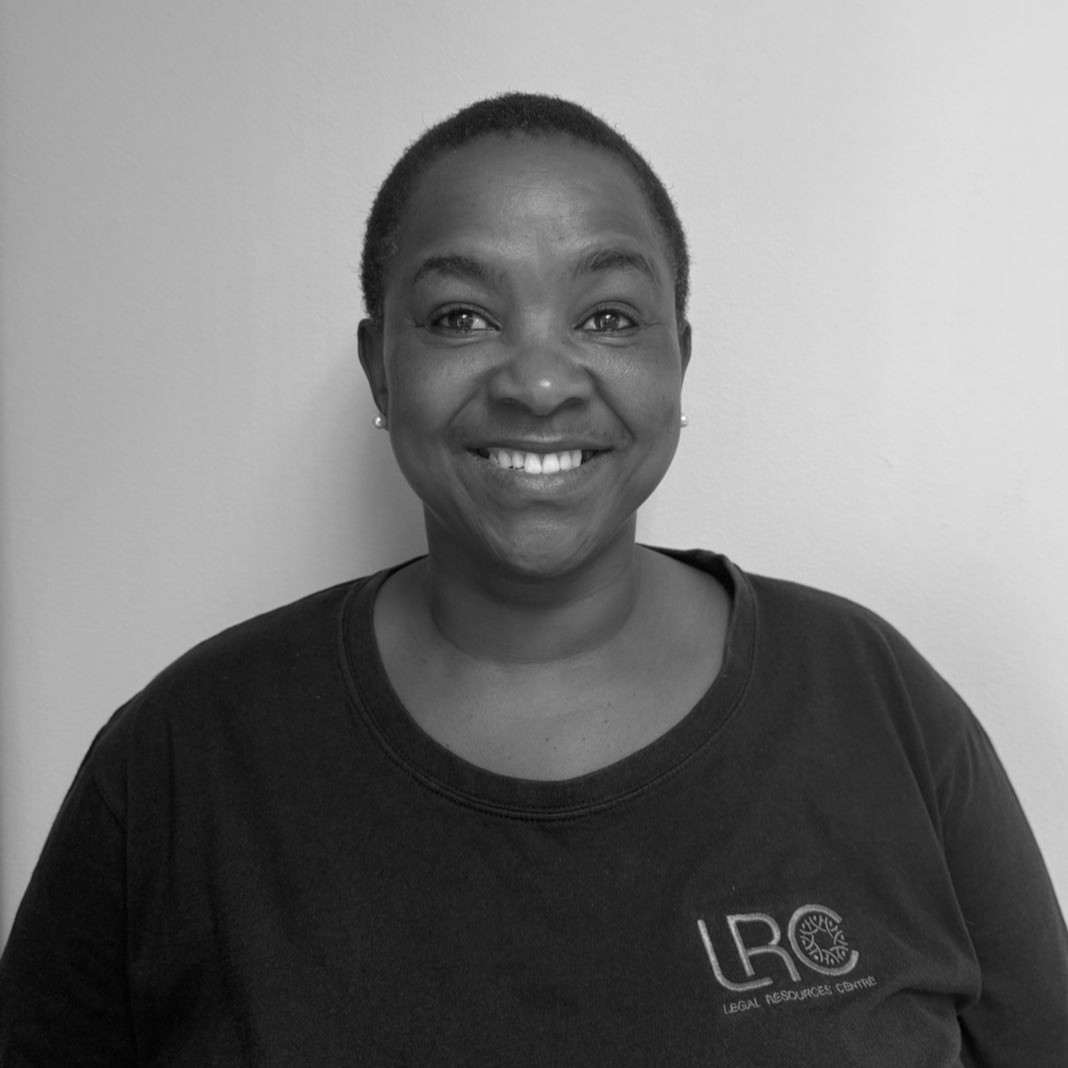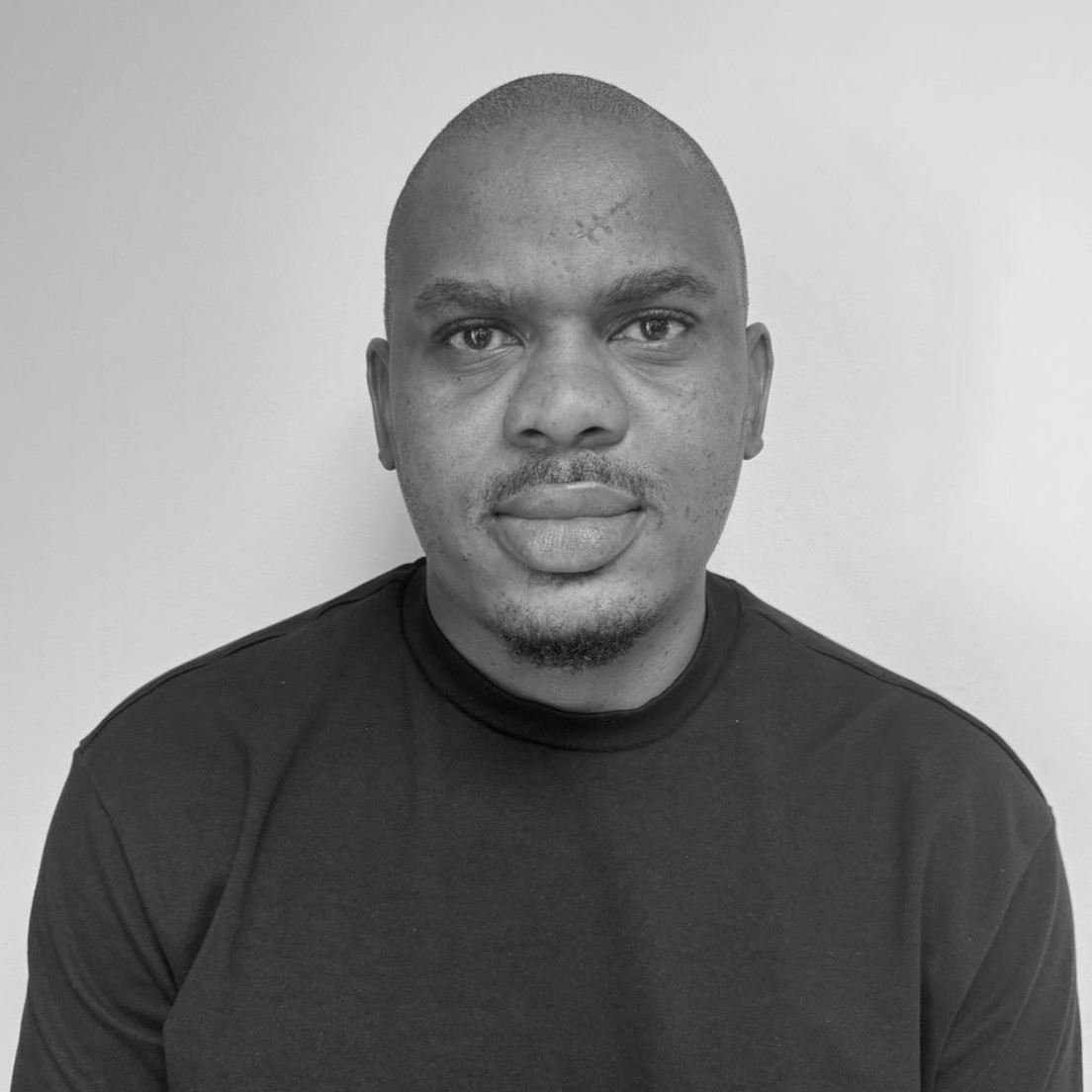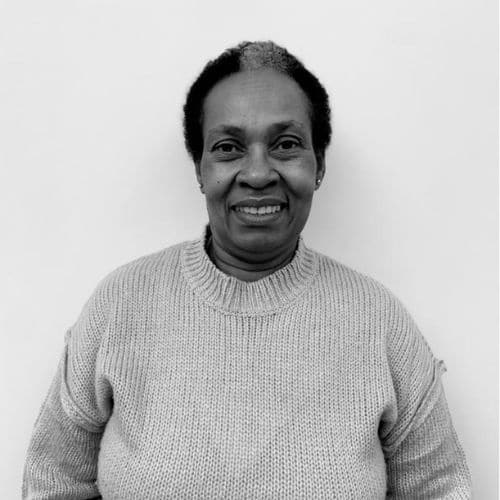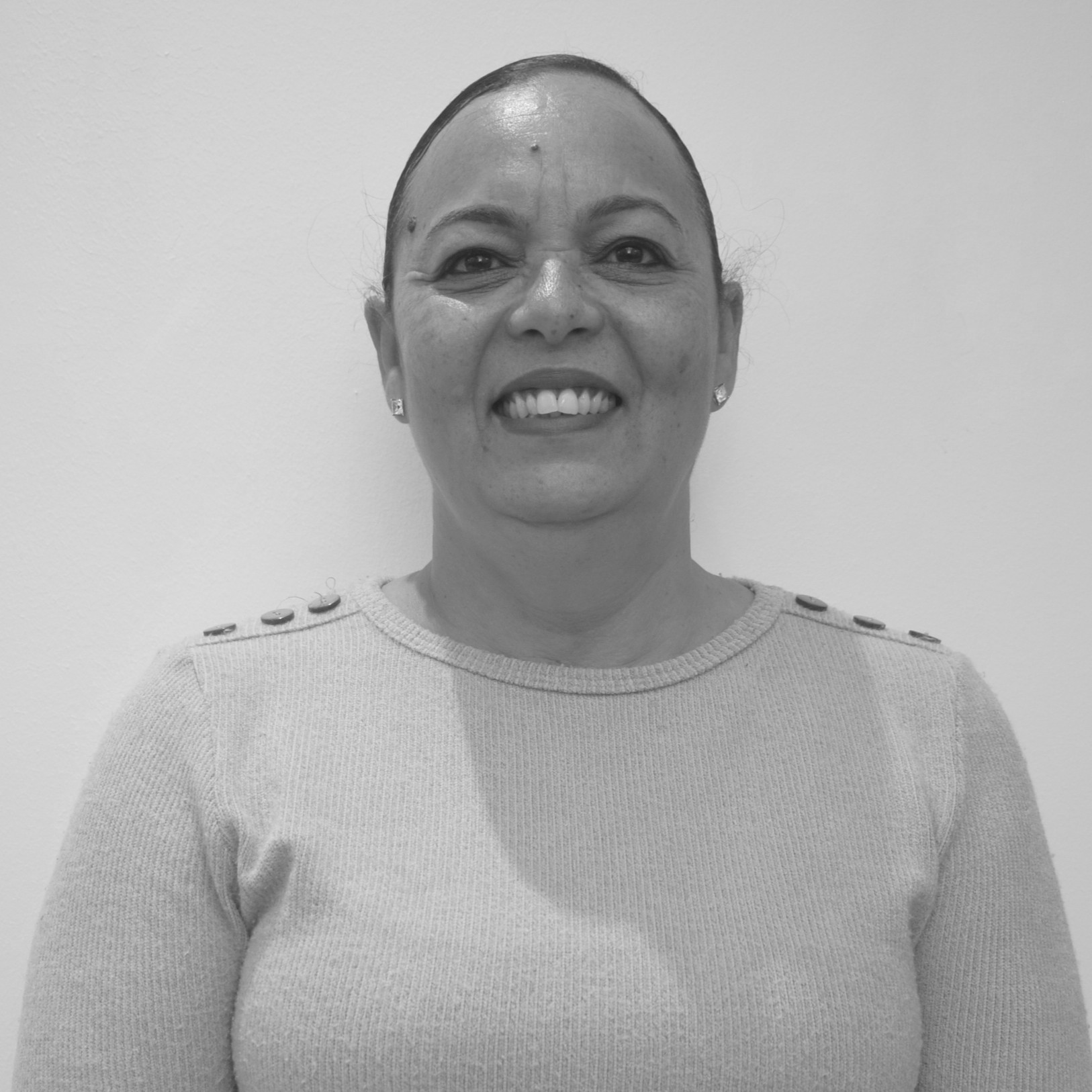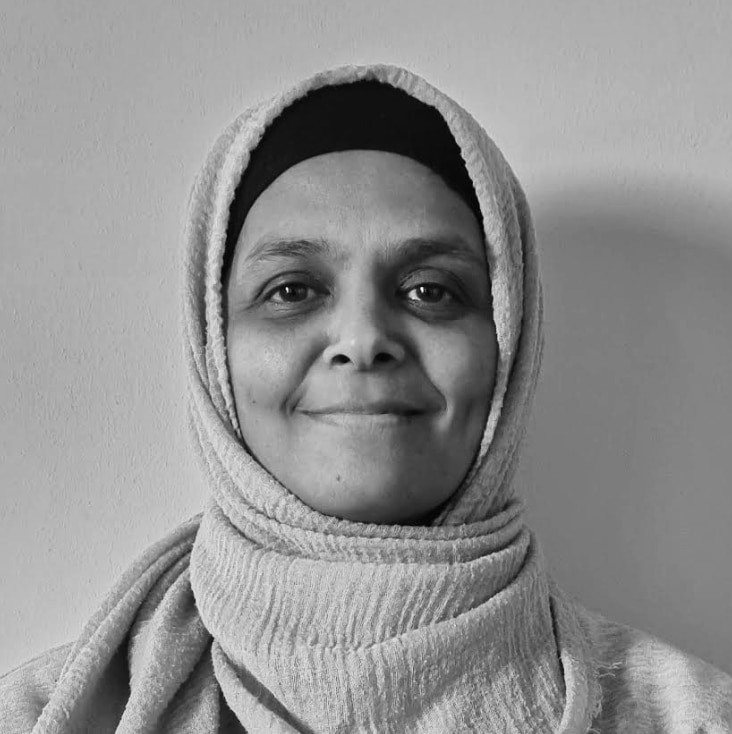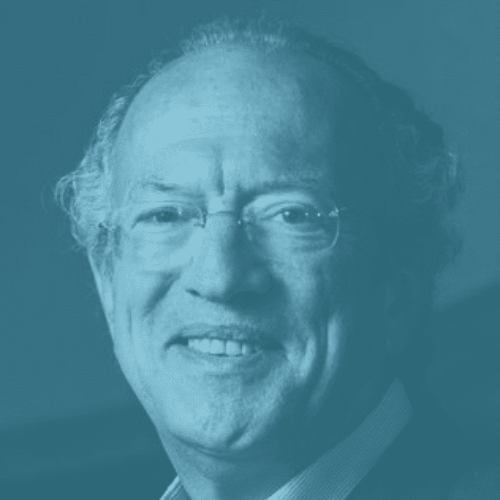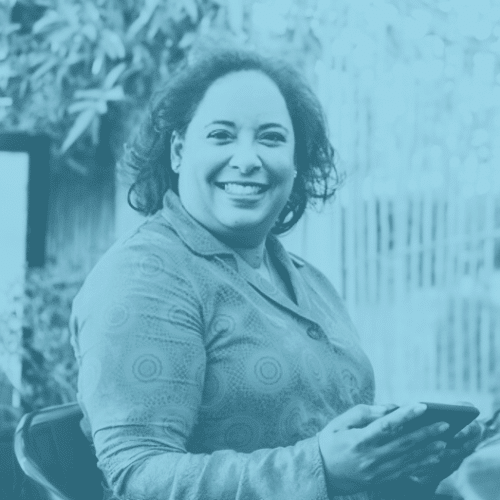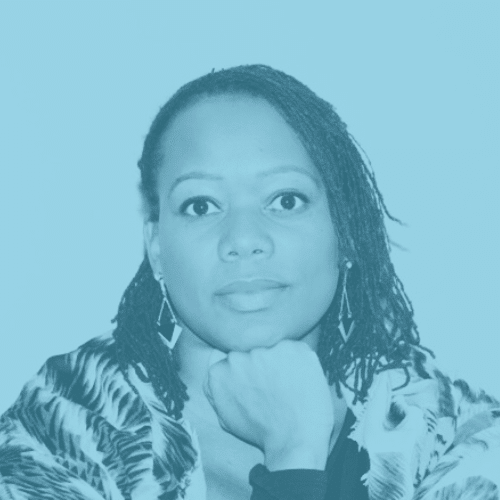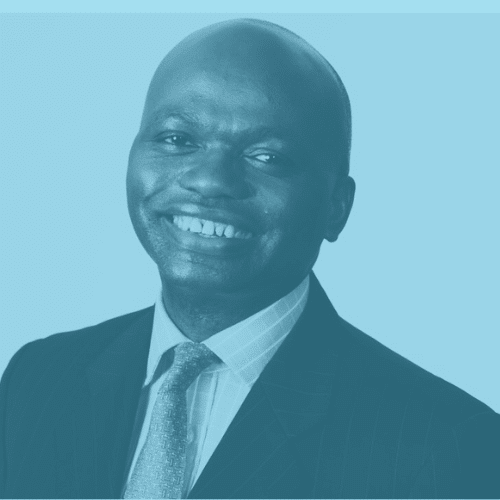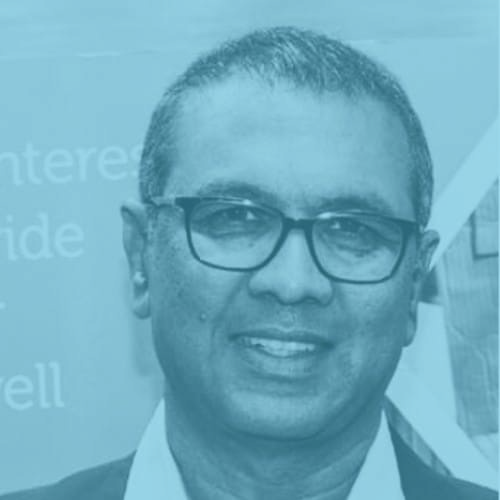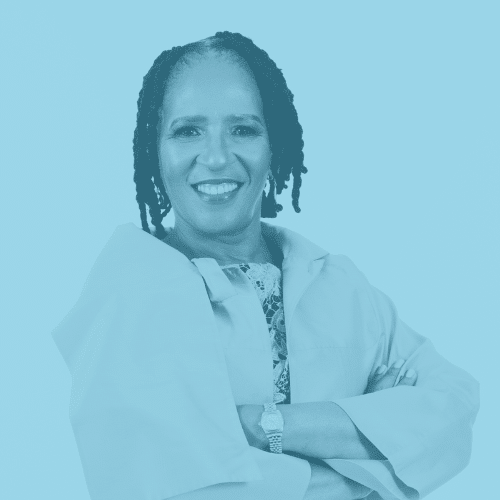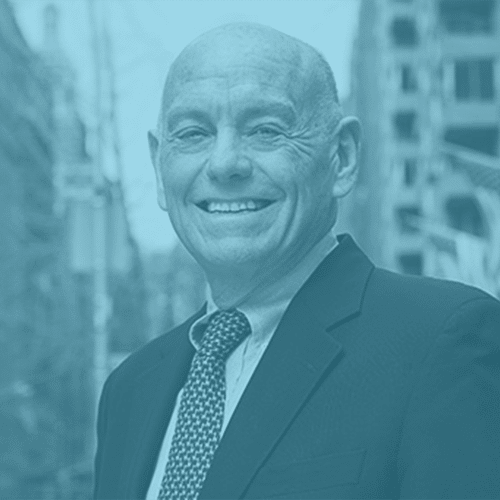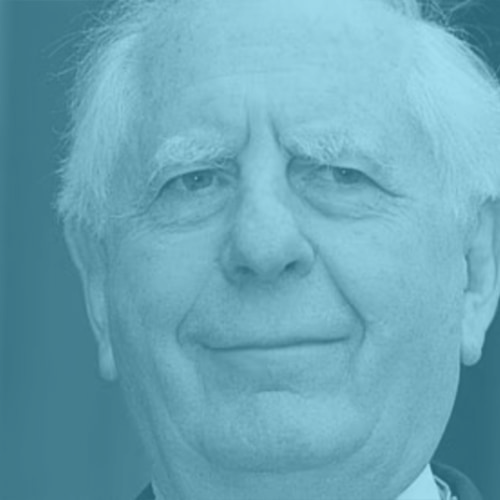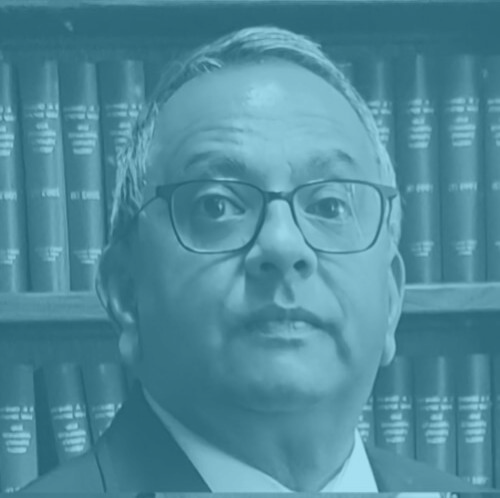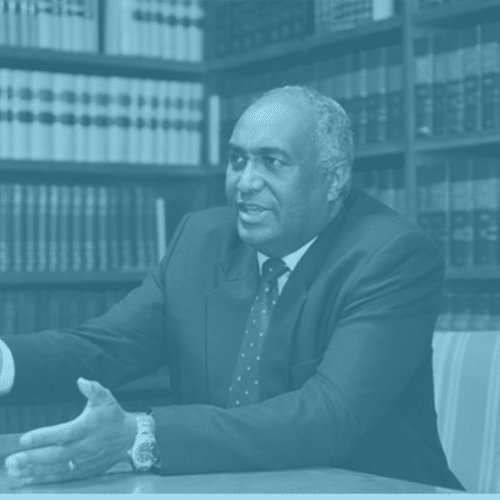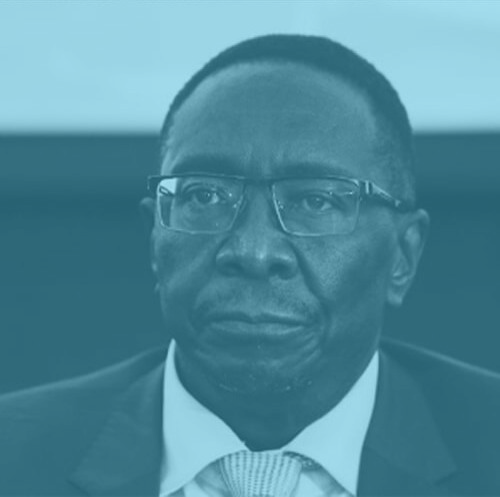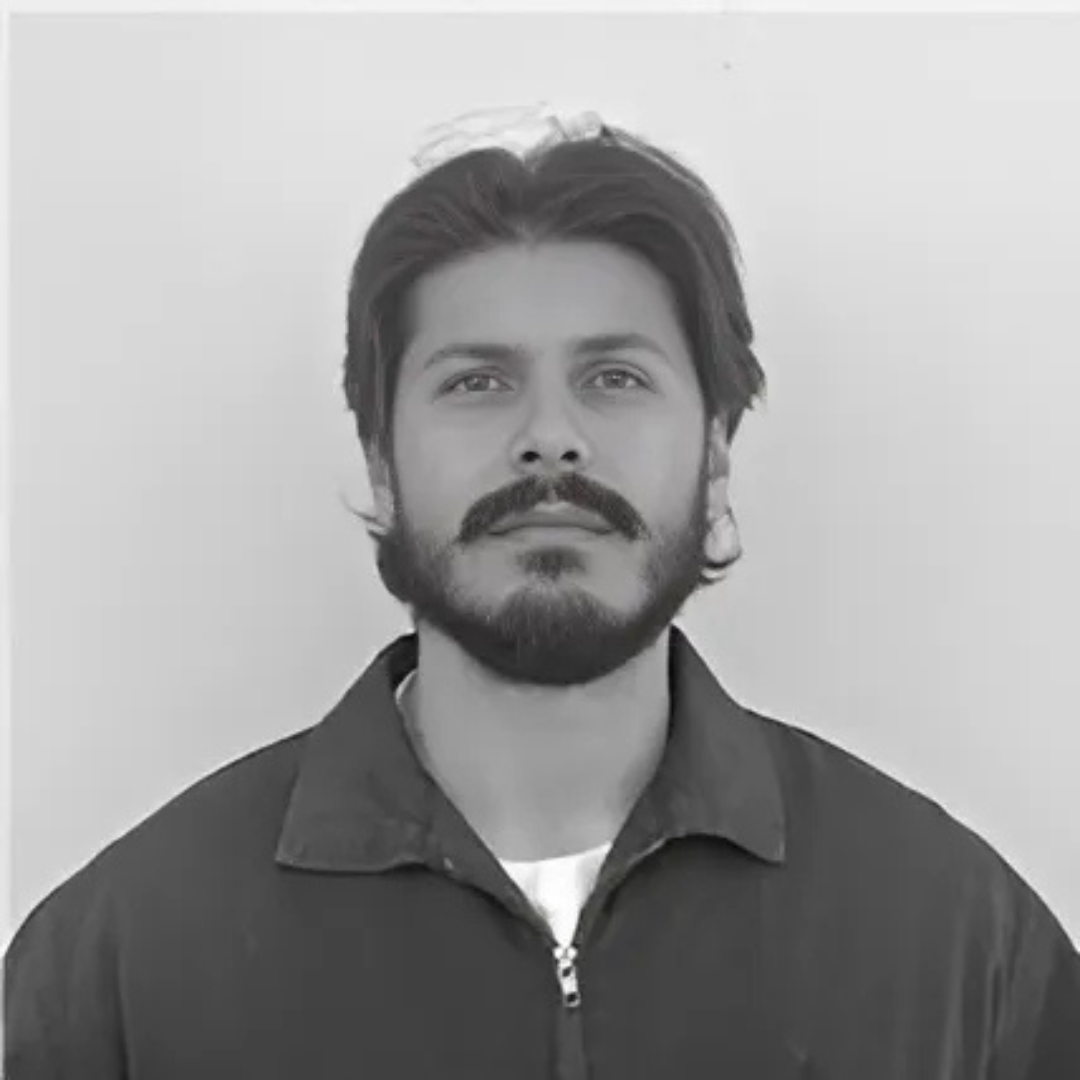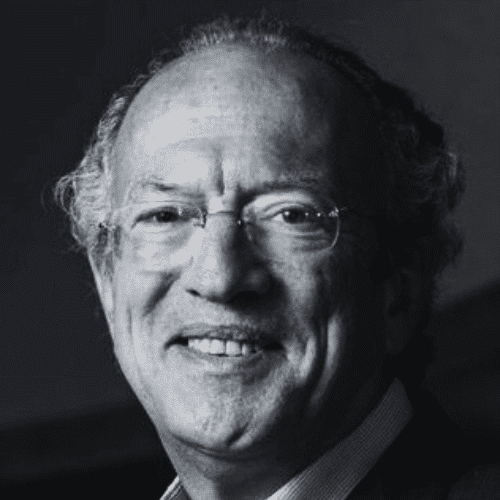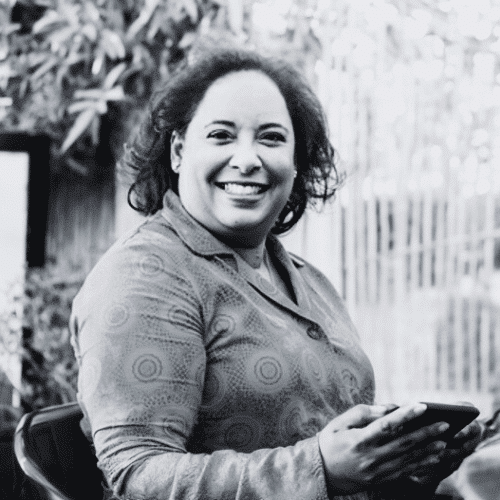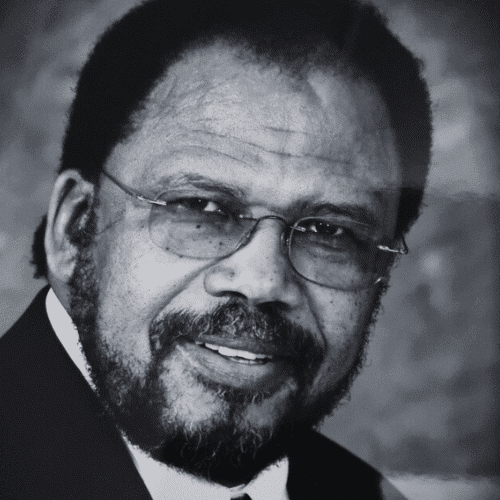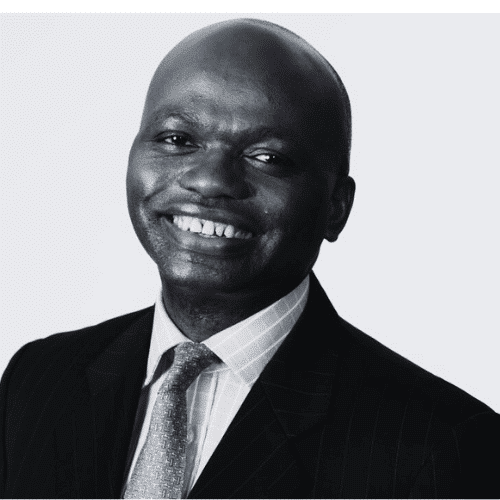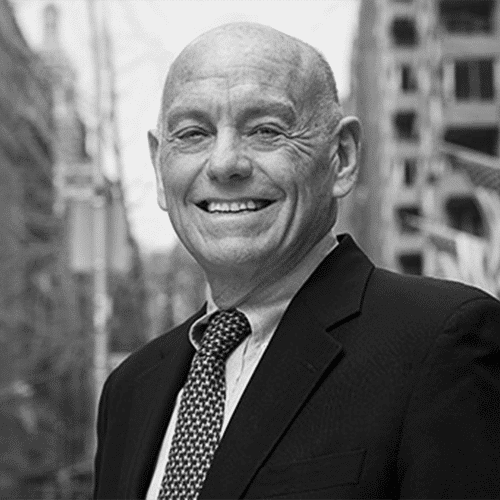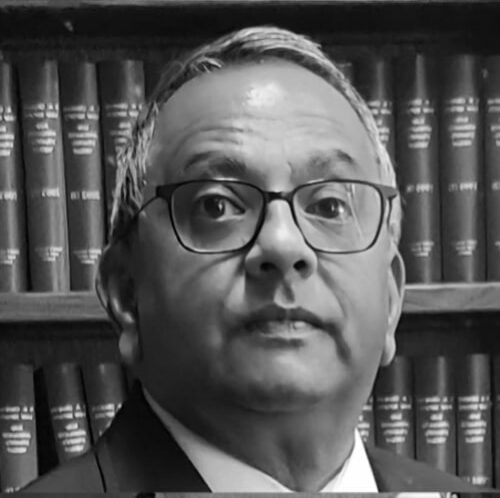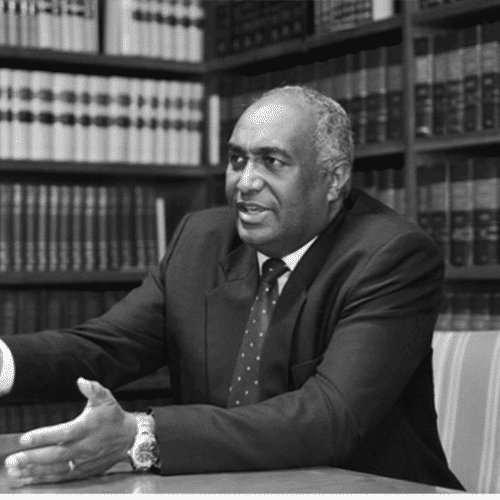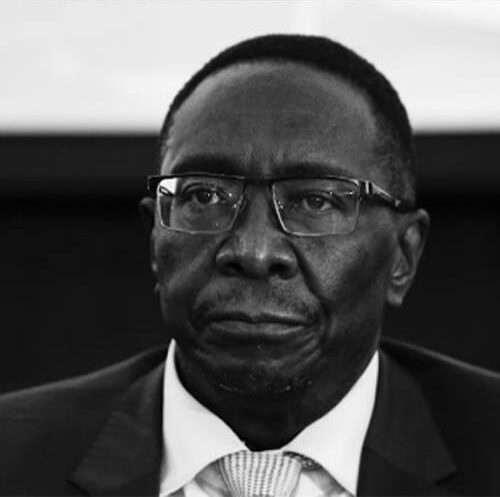Who we are
Our Story
Using the law to challenge injustice.
In 1979 a group of activist lawyers, including prominent human rights lawyers Arthur Chaskalson, Felicia Kentridge and Geoff Budlender, created the Legal Resources Centre with two goals in mind: use the law to resist the oppressive apartheid system, and provide a training ground for public interest lawyering and young black lawyers. The LRC soon became well known for using the law as an instrument to challenge apartheid injustices and for representing black South Africans against the apartheid state. The LRC played an important role in helping to dismantle apartheid legal structures.
Four decades of holding powerful institutions to account.
After the 1994 democratic transition in South Africa, the LRC committed itself to upholding the rights enshrined in the new South African Constitution.
Over the next 30 years, the LRC worked with civil society partners and on behalf of individuals and communities across South Africa. On an individual level the LRC provided free legal services to vulnerable people and marginalised communities. In the wider context of South Africa, the LRC employed strategic litigation to advance gender equality, environmental justice, and access to healthcare. These legal breakthroughs had far reaching benefits for millions of South Africans.
In particular, the LRC helped to abolish the death penalty in South Africa, played an important role in advancing the constitutional rights of women, girls, and people with disabilities, and helped to ensure that the government supplied antiretrovirals to combat mother-to-child HIV transmission.
Tackling the most pressing human rights issues of our time.
Today the LRC is South Africa’s largest public interest law centre. As a well-established, trusted, and formidable defender of human rights, we continue to use strategic litigation and advocacy to promote justice using the Constitution, build respect for the rule of law and constitutional democracy; enable individuals and groups without access to legal resources to assert and develop their rights; promote gender and racial equality; and contribute to the development of a human rights jurisprudence and socio-economic transformation in South Africa and beyond.
Our Journey through Time
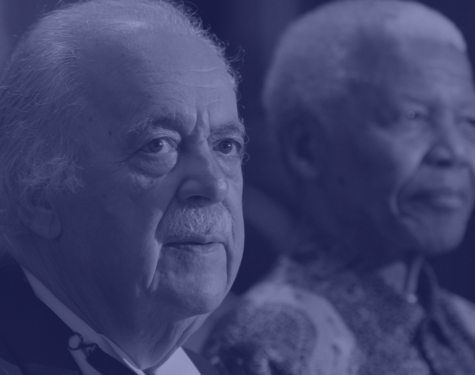
7. George Bizos
George Bizos was a renowned human rights lawyer and anti-apartheid activist whose legacy profoundly impacted South Africa’s legal landscape. As a key figure in the Legal Resources Centre (LRC), Bizos dedicated his life to defending the rights of marginalized communities and advocating for social justice. Notably, he served as Nelson Mandela's lawyer, representing political prisoners and providing legal assistance to those fighting against the injustices of apartheid. Bizos's unwavering commitment to the rule of law and human rights not only shaped the LRC’s mission but also inspired generations of lawyers and activists to continue the struggle for equality and justice in South Africa. His passing in 2020 marked the loss of a remarkable champion for human rights, but his contributions to the LRC and the broader fight for justice remain enduring.
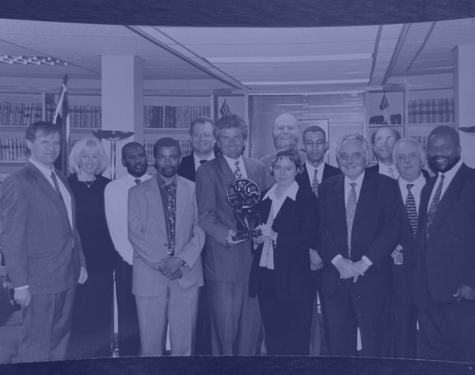
8. Old Staff Pictures
Description: Left - Moray Hathorn, Representative Canadian Bar Association, Mandla Mkhatshwa (Attorney), Judge Ellem Francis (LRC Attorney), Patrick Pringle (LRC Attorney), Head Canadian Bar Association, Miriam Wheeldon (LRC Attorney), Garth Hulley SC (LRC Counsel), Judge Basil Wunsch (LRC Trustee), Representative Canadian Bar Association, George Bizos SC (LRC Counsel), Bongani Majola (LRC Counsel and National Director)
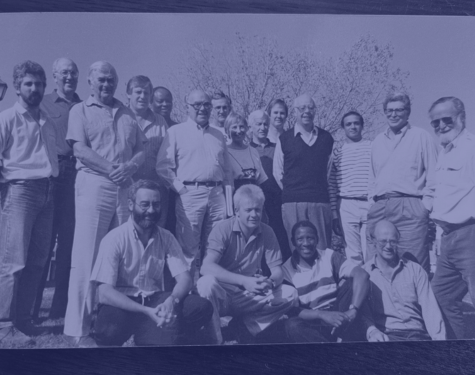
Front Row Left: Geoff Budlender SC (LRC Founder, National Director and Trustee), Lee Bozalek (LRC Counsel and Judge), ??, Richard Rosenthal (Attorney and LRC Trustee).
Description: Back Row Left: Richard Lyster (LRC Attorney), Charl Cilliers (LRC Chairman of the Board of Trustees), Mr Sampson (LRC Trustee), Judge Chris Nicholson (LRC Counsel), Fikile Bam (LRC Counsel), John Trengove (LRC Trustee and Appellate Division Judge), John Price (LRC Trustee), Felicia Kentridge (LRC Counsel, Founder and Chairman), Gie Kotze (LRC Trustee and Appellate Division Judge), Jeremy Pickering (LRC Counsel and Judge), Raymond Leon (LRC Trustee and Judge), Mohamed Navsa (LRC Counsel and Judge of the Supreme Court of Appeal), Arthur Chaskalson (LRC Founder, Trustee, National Director and Chief Justice of South Africa), Judge Wilson (LRC Trustee).
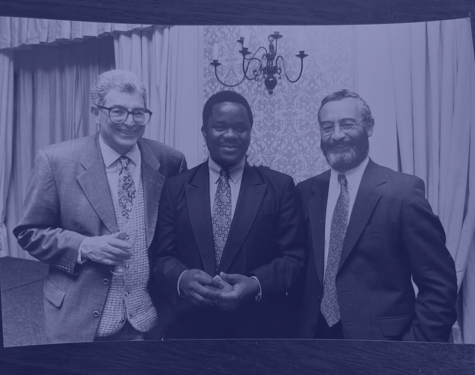
Description: Left: Arthur Chaskalson (LRC Founder, Trustee, National Director and Chief Justice of South Africa), Bongani Majola (LRC Counsel and National Director), Geoff Budlender SC (LRC Founder, National Director and Trustee).
1. Our Inception and Founders
The Legal Resources Centre (LRC) was founded in 1979 by three pioneering legal minds dedicated to fighting injustice and inequality in South Africa:
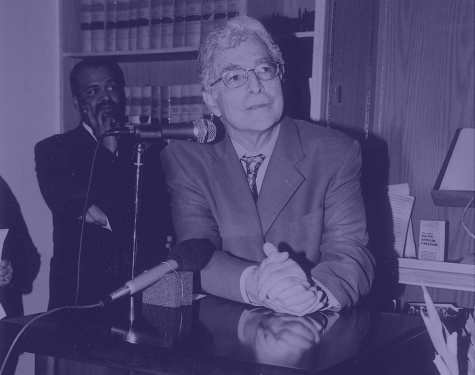
Arthur Chaskalson
A renowned legal strategist, Chaskalson led the LRC in its early years, using the law to challenge apartheid’s oppressive policies. He later became the first President of South Africa’s Constitutional Court, serving from 1994 to 2001, and then Chief Justice of the Constitutional Court from 2001 to 2005, playing a pivotal role in shaping the country’s constitutional democracy.
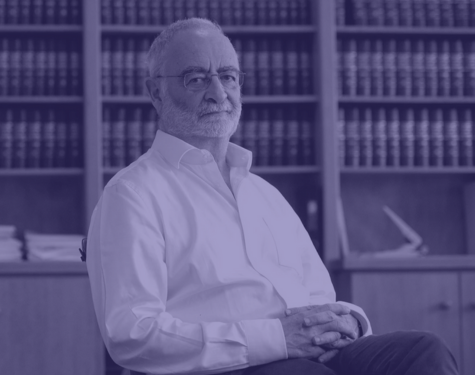
Geoff Budlender
A committed human rights advocate, Budlender has been at the forefront of the LRC’s efforts to advance land rights, access to justice, and constitutional reform. His legal acumen has been key to the LRC’s success in public interest law.

Felicia Kentridge
A passionate champion of justice, Kentridge co-founded the Wits Law Centre and was instrumental in establishing the LRC’s Candidate Attorney Program, which has trained generations of lawyers in public interest law. Her tireless work helped the LRC become a leading force for human rights in South Africa.
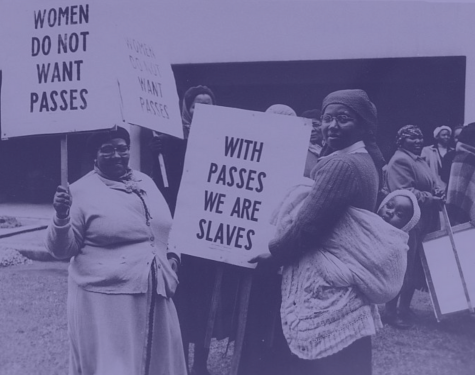
2. Influx Control
1980’s
In the 1980s, the Legal Resources Centre (LRC) played a pivotal role in dismantling apartheid’s oppressive pass laws through landmark cases like Komani, Rikhoto, and Mthiya. These cases challenged the discriminatory system that controlled the movement of Black South Africans. The LRC’s legal victories made the pass system unworkable, and by 1985, the pass laws were effectively stripped away, dealing a critical blow to apartheid’s legal framework and hastening its collapse.
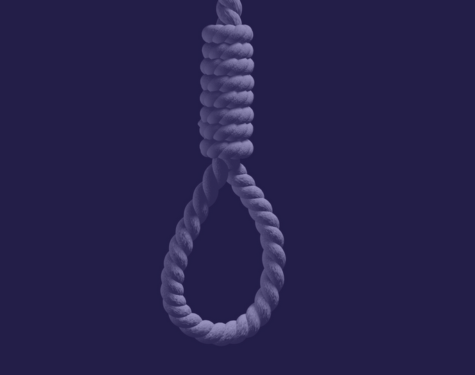
3. 1990’s
Death Penalty (1995)
In 1995, the Legal Resources Centre (LRC) was instrumental in the landmark case S v Makwanyane, which led to the abolition of the death penalty in South Africa. The case challenged the constitutionality of capital punishment under South Africa's new democratic Constitution, arguing that it violated the rights to life, dignity, and freedom from cruel and inhumane treatment.
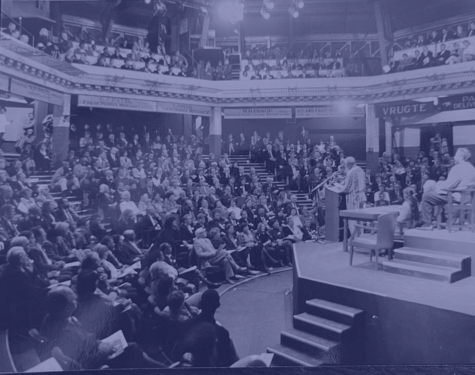
Opening of the Braam Fischer Library (1995)
The lecture series aims to inspire ongoing dialogue around the rule of law, social justice, and the legal profession's role in advancing equality—values that Fischer championed throughout his career. The LRC’s involvement in this event underscores its dedication to upholding these ideals and fostering a deeper understanding of the legal struggles that continue to shape South Africa’s democracy.

Jurisprudence and the Drafting of the Constitution (1996)
The Legal Resources Centre (LRC) played a pivotal role in South Africa’s transition from apartheid to democracy, particularly through its involvement in drafting the 1996 Constitution. As a leading human rights organization, the LRC helped shape this landmark document, ensuring it enshrined democratic values, social justice, and fundamental human rights. Founding member Arthur Chaskalson, appointed as the first President of the Constitutional Court, was key in establishing the legal framework that protects the rights of all South Africans.
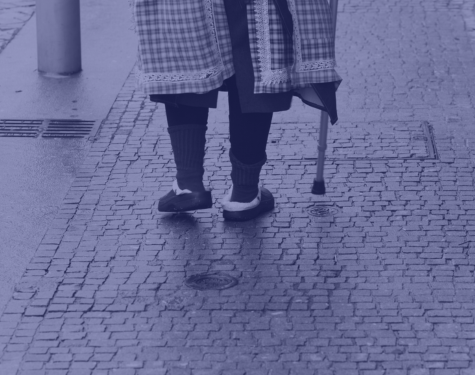
4. Early 2000’s
First Class Action - People with disabilities (2001)
In 2001, the Legal Resources Centre (LRC) launched its first class action lawsuit on behalf of people with disabilities, marking a significant milestone in the fight for equal rights in South Africa. The case sought to ensure that people with disabilities received the social grants to which they were entitled but were being unjustly denied. This landmark action not only secured vital financial support for thousands of disabled individuals but also affirmed their constitutional right to dignity and social security.
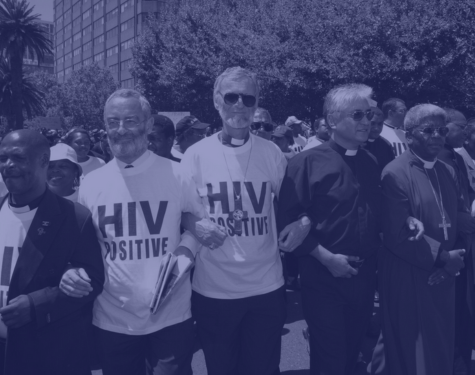
Treatment Action Campaign
In 2002, the Legal Resources Centre (LRC) played a crucial role in the Treatment Action Campaign (TAC) case, which resulted in a landmark judgment ordering the government to provide antiretroviral (ARV) treatment to prevent mother-to-child HIV transmission. Representing TAC, the LRC successfully argued that the government’s refusal to provide ARVs violated the constitutional right to healthcare. This victory not only transformed the lives of countless mothers and children but also set a powerful precedent for the protection of socio-economic rights in South Africa. The case remains one of the LRC’s most vital contributions to advancing public health and human dignity.
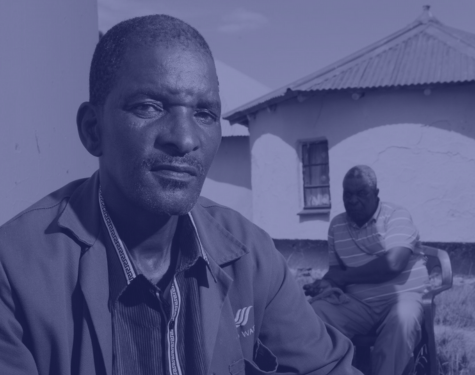
Con Court gives foreigners the right to social assistance
On 4 March 2004, in a case litigated by the Legal Resources Centre (LRC), the Constitutional Court ruled that immigrants with permanent residence permits in South Africa are entitled to social grants. Mozambican citizens, representing themselves, their children, and others with permanent residency, argued that their exclusion from social assistance violated their constitutional rights to equality, social security, and children’s rights. The Court’s decision, a major victory for non-citizens, affirmed that the Constitution’s protections extend to all individuals living in South Africa, regardless of nationality.
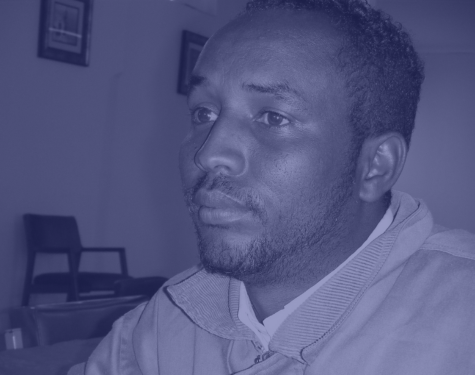
A work permit at last! (2004)
In a significant case supported by the Legal Resources Centre (LRC), MW and her deaf son sought asylum in South Africa from Zimbabwe, hoping to enroll him in a school for the deaf. However, the Refugees Act prevented foreigners from working or accessing education. The LRC stepped in to litigate on their behalf, advocating for their rights. On 4 March 2004, the Constitutional Court ruled that immigrants with permanent residence permits are eligible for social grants, which underscored the need for equal treatment and support for asylum seekers. This case highlighted the LRC’s commitment to defending the rights of marginalized communities and ensuring access to essential services for all individuals in South Africa.
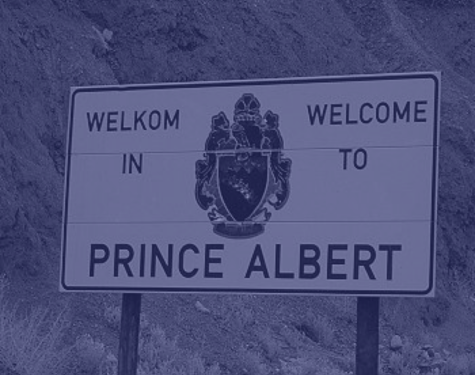
Jaftha v Schoeman - Right to Housing (2004)
Jaftha v Schoeman (2004) is a landmark Constitutional Court case in South Africa that addressed the constitutionality of the Magistrates' Courts Act of 1944, which allowed for the sale of a person’s home to settle debts without judicial oversight. The appellants, from a poverty-stricken community, faced losing their state-subsidized homes due to debt, arguing this would violate their right to adequate housing under section 26 of the Constitution. The Court, in a unanimous judgment by Justice Mokgoro, upheld the appeal, ruling that sales in execution without judicial oversight were unconstitutional. The decision mandated judicial review to ensure sales are justified, protecting the right to housing.
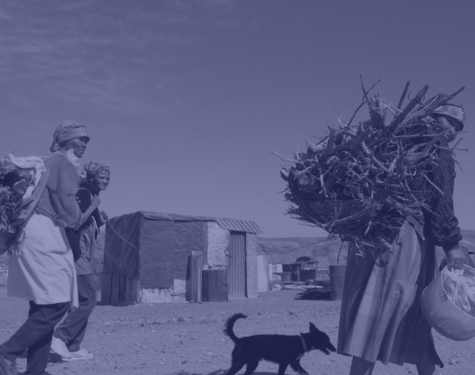
From Wretched to Riches (2006)
In 2006, after more than a decade of relentless advocacy, the Legal Resources Centre (LRC) achieved a landmark victory for the Richtersveld community in the Northern Cape. Representing over 4,000 individuals, the LRC fought tirelessly to secure their land rights, granting them access to the land and its resources that have sustained their ancestors for generations. This hard-won triumph transformed the community's fortunes, enabling them to support themselves and reclaim their heritage. The case stands as a testament to the LRC's commitment to championing the rights of marginalized communities and ensuring justice for those who have historically been disenfranchised.
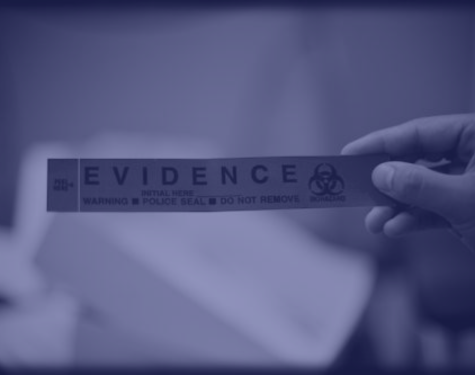
When is rape, rape? (2007)
The landmark case of Fanuel Masiya marked a pivotal moment in South African legal history, challenging outdated definitions of rape that failed to recognize the full scope of this horrific crime. When a 9-year-old victim bravely came forward, her case revealed the urgent need for legal reform. Historically, the common law definition excluded crucial aspects, such as anal rape and the victimization of men, perpetuating injustice. The Legal Resources Centre (LRC) played a vital role in this case, advocating for a broader understanding of rape and pushing for legal changes that reflect the realities of modern society.
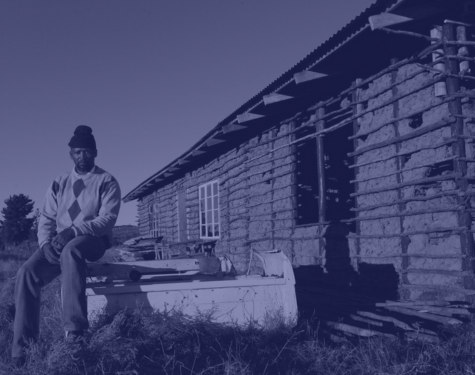
5. 2010’s
Communal Land Rights Act is invalid (2010)
The Communal Land Rights Act (CLaRA) case reached a significant milestone when the Constitutional Court declared the Act unconstitutional in May 2010, concluding seven years of intense legal battles. This landmark decision has profound implications for the land rights of over 21 million people living on communal lands in South Africa. The Legal Resources Centre (LRC) was instrumental in this case, tirelessly advocating for the recognition and protection of communal land rights. Their efforts not only challenged the validity of the CLaRA but also highlighted the critical need for equitable land governance in a post-apartheid society.
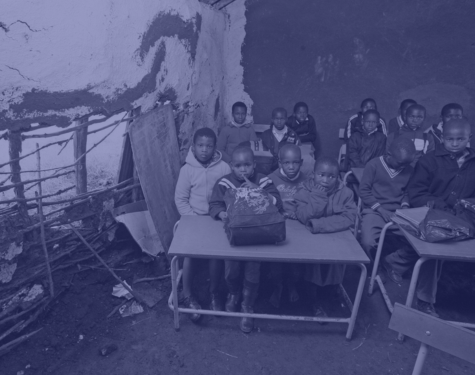
Mud Schools (2011)
In February 2011, the Legal Resources Centre (LRC) achieved a groundbreaking settlement for seven Eastern Cape schools that were operating in mud structures. This significant victory prompted the South African government to commit R8.2 billion for the construction of schools and the provision of essential services across the country from April 2011 to March 2014. The LRC’s relentless advocacy not only addressed the immediate needs of these schools but also underscored the importance of equitable access to quality education for all learners. This case stands as a testament to the LRC's dedication to ensuring that every child has the right to a safe and conducive learning environment.
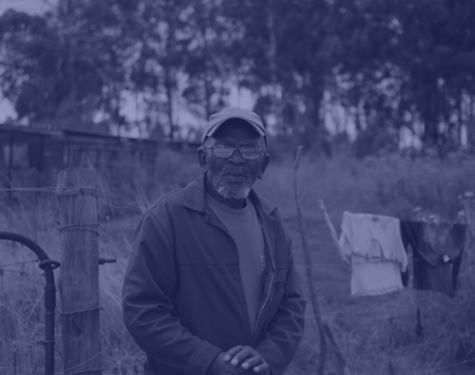
Promoting Living Customary Law (2011)
The promulgation of the Traditional Leadership and Governance Framework Act (2003) has had profound, unintended consequences for rural communities in the former homelands of South Africa. By entrenching apartheid-era boundaries and leadership structures, the Act perpetuates divisions rooted in the racist ideology of separate development. As a result, many communities continue to struggle against the legacy of enforced tribal divisions. The Legal Resources Centre (LRC) has been actively involved in challenging these provisions, advocating for the recognition of living customary law and supporting communities seeking to restore governance systems that are more inclusive and reflective of their lived realities.
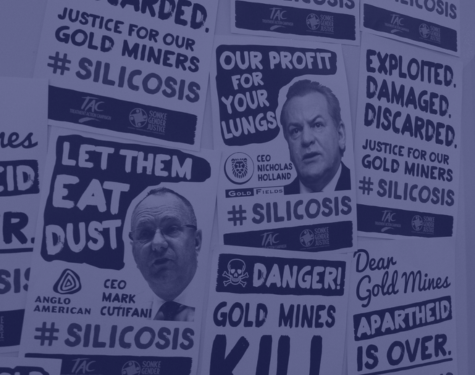
Silicosis class action (2013)
In a landmark victory for workers' rights, R320 million has been paid to 3,598 claimants in a historic silicosis class action case. Launched in 2013, the case was spearheaded by the Legal Resources Centre (LRC), in partnership with Abrahams Kiewitz Attorneys and Richard Spoor Attorneys, on behalf of mineworkers suffering from silicosis, a debilitating lung disease caused by prolonged exposure to silica dust in the mining industry. The High Court in Johannesburg certified the class action in May 2016, setting the stage for South Africa's largest class action lawsuit. The LRC played a pivotal role in securing justice for affected mineworkers, ensuring accountability within the mining sector and improving health and safety standards for workers.

The Carolina Water Case (2012)
In 2012, over 17,000 residents of Carolina Town, Caropark, and Silobela in Mpumalanga faced a water crisis when mining activities contaminated their municipal water supply, leaving them without access to clean drinking water. The acid mine drainage from nearby mines severely impacted the local water sources, posing serious health risks to the community. The Legal Resources Centre (LRC) stepped in to represent the affected residents, advocating for their right to clean water and holding the government and mining companies accountable. The LRC's legal interventions played a critical role in ensuring the restoration of safe water access and highlighting the environmental and social impacts of irresponsible mining practices on vulnerable communities.
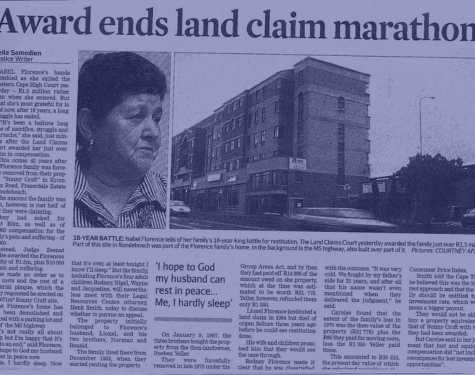
The Florence Family (2013)
In 1995, the Florence family sought justice through a restitution claim for their family home in Black River, Cape Town, after being forcibly removed under the Group Areas Act of 1950. Having lived on the land for decades, they were forced to abandon their home in 1970 when the area was declared a white-only zone, leading to the demolition of their property. In 2013, the Constitutional Court ruled on their claim, addressing the issue of just and equitable compensation. The Legal Resources Centre (LRC) represented the Florence family in this pivotal case, securing recognition of their rights and contributing to the development of restitution law in South Africa, particularly in relation to fair compensation for victims of apartheid-era forced removals.
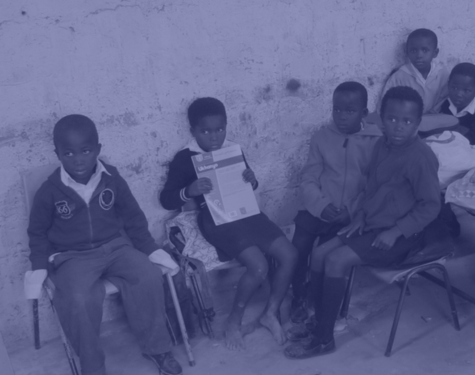
Learning without the basics: The furniture case (2013)
The Madzodzo case highlighted the importance of ensuring a conducive learning environment for students, focusing on the government's duty to provide basic furniture in schools. Section 29 of the Constitution guarantees the right to education, and a critical aspect of that right is access to adequate resources, such as desks and chairs, for learners. In partnership with the Centre for Child Law, the Legal Resources Centre (LRC) successfully challenged the state’s failure to provide these essentials. This case was a significant step toward holding the government accountable for meeting its constitutional obligations and ensuring that learners from Grade R to Grade 12 have the basic tools necessary to support their education and self-worth.
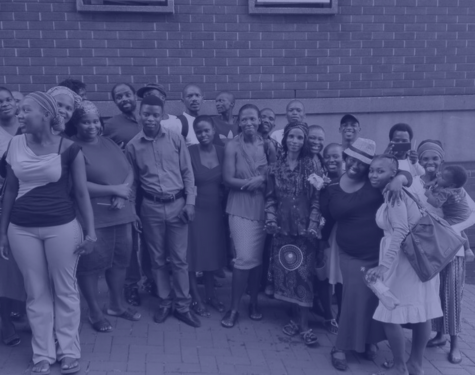
Madlala Village: evictions not unique to South Africa (2013)
The right to access housing remains a critical and highly contested issue in South Africa, with the housing backlog growing from 1.5 million in 1994 to 2.1 million in 2013. Contributing factors include financial constraints, land shortages near urban centers, and mismanagement of housing programs. The eviction of vulnerable communities, such as in Madlala Village, reflects the broader challenges in ensuring adequate housing for all. The Legal Resources Centre (LRC) has been at the forefront of defending the housing rights of displaced and marginalized communities, challenging unlawful evictions, and advocating for dignified and sustainable housing solutions in line with the Constitution. Through legal interventions, the LRC works to hold the government accountable for its obligations to address the housing crisis effectively and equitably.
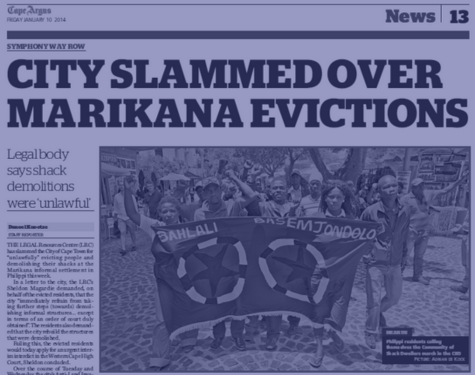
Marikana Victims Challenge Rules Governing Provision of Legal Aid (2014)
The right to legal representation is enshrined in the South African Constitution, with Legal Aid South Africa (Legal Aid SA) providing tax-funded legal assistance to those who meet certain financial criteria. In the wake of the Marikana tragedy, where striking mineworkers were killed by police, many victims and their families faced significant legal challenges in seeking justice. The Legal Resources Centre (LRC) played a crucial role in challenging the rules governing the provision of legal aid, arguing that the victims deserved access to adequate legal representation, regardless of the means test. The LRC's efforts ensured that the victims' rights were upheld, advocating for fair access to justice in one of the country's most high-profile cases of state violence.
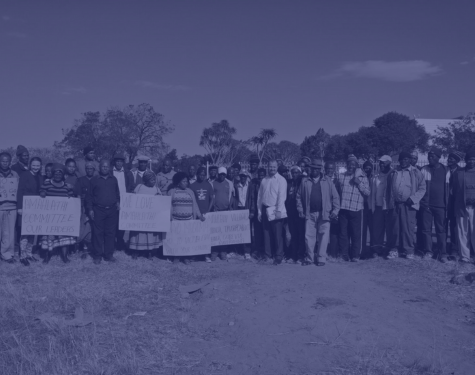
Community Access to Land and Resources (2015)
Section 25 of the South African Constitution mandates equitable access to the country’s natural resources and emphasizes the need for land reform. However, decades into democracy, land reform has fallen far short of its goals, with only 7% of land redistributed instead of the targeted 30% within five years. The “land question,” including debates over expropriation without compensation, has become a key political issue. In the Cala and Amahlathi cases, the Legal Resources Centre (LRC) represented rural communities fighting for land access and resource rights, highlighting the government's failure to implement meaningful reform. The LRC's involvement is pivotal in ensuring that communities, often marginalized by the current system, have access to land and resources in line with the constitutional commitment to equitable land reform.
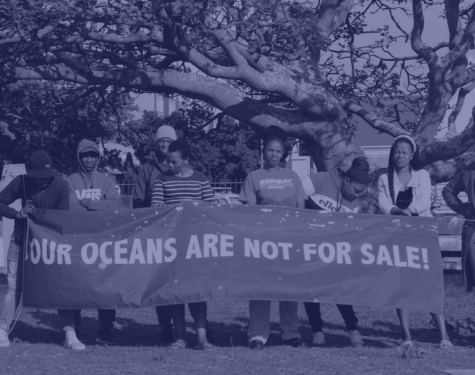
6. 2020's
Shell Case and Wild Coast (2022)
On August 27, 2024, the Constitutional Court upheld a ruling concerning the Wild Coast communities and environmental justice organizations in their fight against Shell and Impact Africa, dismissing the companies' appeals against the Supreme Court of Appeal's decision that their exploration rights for seismic surveys were granted unlawfully. The Legal Resources Centre (LRC), representing local communities alongside organizations like Sustaining the Wild Coast and Greenpeace Africa, argues that allowing the Minister of Mineral Resources and Energy to consider renewing Shell's permit undermines the communities' constitutional rights and fails to address prior consultation inadequacies.
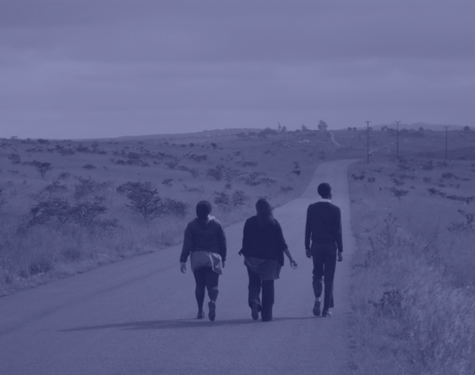
Scholar Transport
The Legal Resources Centre (LRC) continues its ongoing battle for safe scholar transport, which began in 2016. On September 12th, the LRC will return to the Eastern Cape High Court in Makhanda to represent the Khula Community Development Project and three schools—Toyise Senior Secondary, Mneketshe Junior Secondary, and SeaView Senior Secondary. The LRC is advocating for the Eastern Cape Department of Education and Transport to address outstanding scholar transport applications, provide transport to approved learners, and implement a catch-up plan for those affected by transport shortages. With children facing dangerous daily journeys to school and families struggling to afford transport, the LRC is also seeking a supervisory order to ensure accountability from the Departments over the next seven months.
Vision & Mission
Our Vision
A democratic, accountable, and transparent society in which equitable and inclusive access to justice, dignity, and human rights are lived realities for all.
Our Mission
To undertake evidence-informed action focused on advancing the transformation of South Africa as a democratic society, using the law as an instrument to remove persistent and pervasive structural obstacles to human rights – with a strategic focus on land and education rights.
Our People
Our Board of Directors
“I remain committed to the idea that by holding individuals and institutions accountable we can build an empowered society in which the Constitutional rights of all who live in South Africa are upheld and the promise of the 1994 democratic transition can be realised.”
– Nersan Govender, Executive Director
Our Funders and Partners
Our Funders
We would like to express our profound gratitude for the individuals and families who make donations to the LRC.

